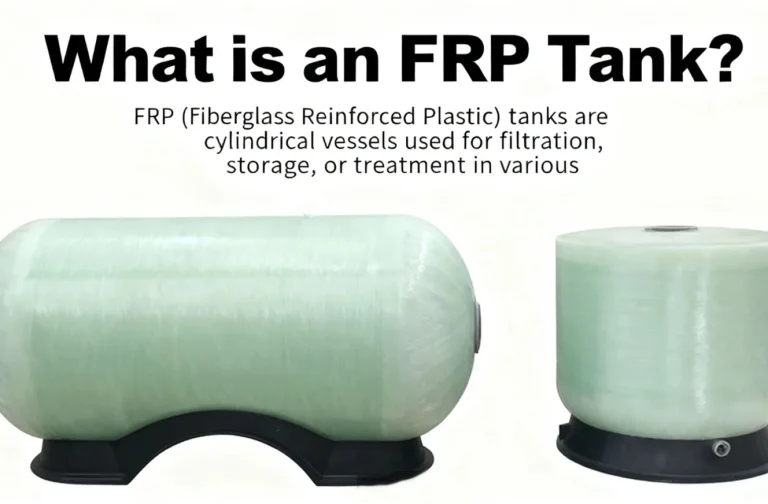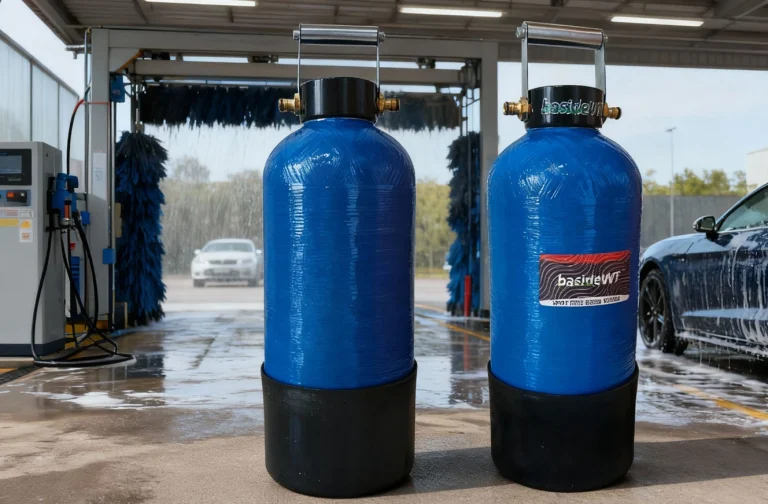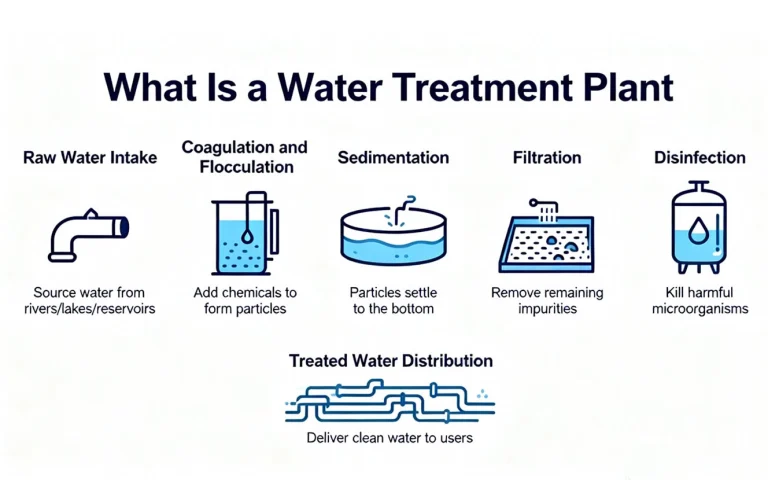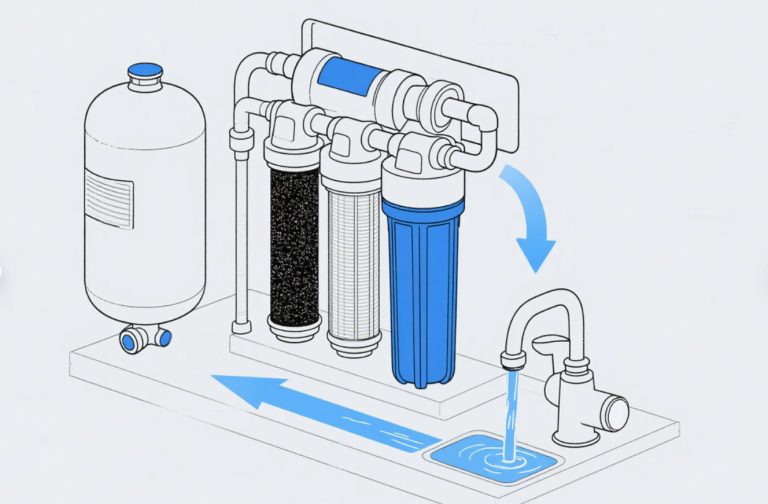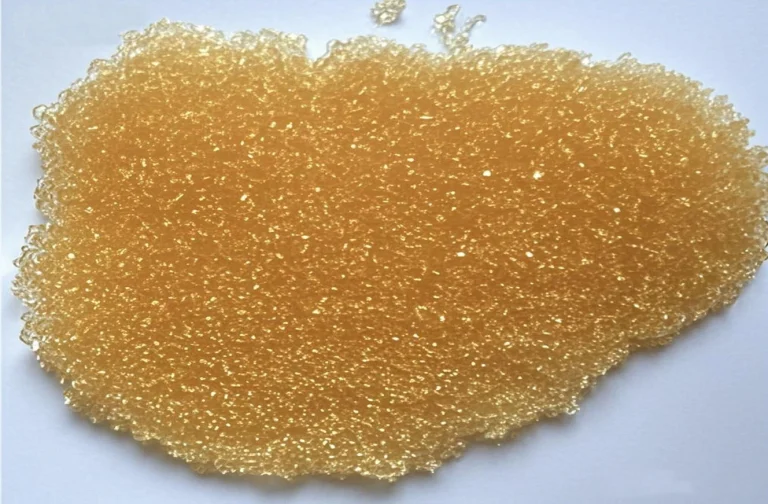BasideWT- Whole Home Water Filtration System & Replacement

Will A Water Filter Help With Hard Water?
If you’ve ever noticed white, chalky spots on your dishes, struggled with soap that won’t lather, or seen a mysterious film on your skin after a shower, you’ve encountered hard water. It’s a common issue in millions of households worldwide. This leads to a pressing question many homeowners ask: Will a water filter help with hard water? The short answer is nuanced, but understanding the details is crucial for your home’s health and your family’s well-being. This comprehensive guide will dive deep into the science of hard water, explore the different solutions available, and specifically analyze the role of a water filter in solving this pervasive problem. We will also introduce you to the advanced, targeted solutions offered by BasideWT, designed to bring unparalleled water quality to your home.
Understanding the Hard Water Problem: More Than Just a Nuisance
First, what exactly is hard water? Simply put, hard water contains high concentrations of dissolved minerals, primarily calcium and magnesium. These minerals are naturally picked up as water percolates through limestone and chalk deposits in the ground. While not generally a health risk, hard water is a significant household menace.
The symptoms are easy to spot. Do you see scale buildup on your faucets? That’s a classic sign. Does your favorite shampoo refuse to create a rich lather? That’s hard water at work. However, the problems go far beyond surface-level annoyances.
The Real Impact of Hard Water:
- Appliance Damage and Inefficiency: The minerals in hard water precipitate out as scale when heated. This scale clogs pipes, coats heating elements in your water heater, dishwasher, and coffee maker, reducing their efficiency and drastically shortening their lifespans. Consequently, you face higher energy bills and costly repairs or replacements.
- Skin and Hair Issues: Hard water minerals react with soap to form “soap scum.” This residue left on your skin can clog pores, leading to dryness, irritation, and exacerbating conditions like eczema. For your hair, it can leave it feeling dull, lifeless, and difficult to manage.
- Cleaning Headaches: Soap scum on shower doors, spotted glassware, and stiff, faded laundry are all hallmarks of a hard water home. You end up using more detergent and spending more time cleaning, with less satisfactory results.
Therefore, addressing hard water isn’t a luxury; it’s a necessity for home maintenance and personal care. But where does a standard water filter fit into this picture? To answer that, we must first distinguish between filtration and softening.
Water Filtration vs. Water Softening: A Critical Distinction
This is the most important concept to grasp. Many people use the terms “water filter” and “water softener” interchangeably, but they perform fundamentally different functions. Understanding this distinction is key to solving your specific water issues.
What Does a Water Filter Do?
A water filter’s primary job is to remove contaminants and impurities from your water. They work by physically trapping or chemically bonding with unwanted particles as water passes through a filtering medium. Different filters target different pollutants.
Common substances removed by water filters include:
- Chlorine and Chloramines (improving taste and odor)
- Sediments (like dirt, rust, and sand)
- Heavy Metals (such as lead and mercury)
- Biological Contaminants (like bacteria and cysts)
- Pesticides and Herbicides
So, will a water filter help with hard water? The direct answer is no. Standard filtration systems, like activated carbon filters (found in many pitcher and faucet-mount filters), are not designed to remove the calcium and magnesium ions that cause water hardness. They can make your water taste better, but they will not prevent scale buildup.
What Does a Water Softener Do?
A water softener, on the other hand, is specifically engineered to tackle hard water. It uses a process called “ion exchange” to remove the hardness minerals.
Here’s a simple breakdown:
- The unit contains a resin bed charged with sodium or potassium ions.
- As hard water flows through the resin, the calcium and magnesium ions (which are positively charged) are attracted to the resin beads.
- They swap places with the sodium ions, which are released into the water.
- This exchange effectively removes the hardness minerals, resulting in truly soft water.
Periodically, the softener regenerates by flushing a brine solution through the resin, recharging it with sodium ions and washing the accumulated calcium and magnesium down the drain.
Therefore, for true hard water remediation, a dedicated softening system is the standard and most effective solution. But what if you need both filtered and soft water? This is where integrated systems and advanced technologies come into play.
So, Will A Water Filter Help With Hard Water? The Nuanced Truth
Let’s revisit our central question with our new understanding. Will a water filter help with hard water? A standard, standalone filter will not. It is not the right tool for that job. However, the landscape of water treatment has evolved. Many modern systems combine technologies to provide comprehensive solutions.
The answer becomes “yes” when we consider a water filter as part of a broader system or when we look at specific alternative technologies.
Scenarios Where a “Filter” Can Address Hardness
- Salt-Free Water “Conditioners”: These systems are often grouped with filters. They don’t remove hardness minerals but alter their structure using Template Assisted Crystallization (TAC) or other physical processes. The minerals become unable to stick to surfaces as scale. They are a descaling solution, not a softening one, but they effectively prevent the primary damage of hard water. BasideWT’s advanced conditioners utilize this very technology for an eco-friendly approach.
- Reverse Osmosis (RO) Systems: A reverse osmosis system is an extremely effective type of water filter. It forces water through a semi-permeable membrane that removes a vast array of contaminants, including—importantly—dissolved minerals like calcium and magnesium. So, an RO system can soften water, but it’s typically installed at a single point of use (like under the kitchen sink) for drinking water. It is not a whole-house softening solution.
- Integrated Systems: Many whole-house water softeners now include built-in pre-filters to remove sediment and chlorine, which protect the softener’s resin bed. Conversely, some advanced whole-house filtration systems may incorporate a softening or conditioning stage. In these integrated units, the entire system works together to solve multiple problems.
In essence, while a simple carbon filter won’t help, advanced filtration and conditioning technologies absolutely can. The key is to choose the right technology for your specific needs and goals.
Choosing Your Solution: A Guide to Tackling Hard Water
Now that you know the options, how do you choose? The right solution depends on your water test results, household size, budget, and personal preferences (e.g., salt-free vs. salt-based).
Step 1: Confirm and Quantify Your Hard Water
Don’t guess. Get your water tested. You can use a free test strip or, for a more detailed analysis, contact a professional. BasideWT offers expert water analysis to give you a clear picture of your water’s hardness level, measured in grains per gallon (GPG) or parts per million (PPM). Knowing the severity is the first step.
Step 2: Define Your Goals
What are your main priorities?
- Whole-House Scale Protection? A salt-based softener or a salt-free conditioner is your best bet.
- Crystal-Clear, Great-Tasting Drinking Water? An under-sink Reverse Osmosis system is ideal.
- Chlorine Removal for Softer Skin & Hair? A whole-house carbon filtration system, possibly with an integrated conditioner, would be perfect.
- An Eco-Friendly, Salt-Free Solution? A Template Assisted Crystallization (TAC) system from BasideWT provides excellent scale prevention without adding sodium to your water or wasting water on regeneration.
Step 3: Evaluate the Technologies
Let’s compare the main contenders:
| Technology | How It Works | Pros | Cons | Best For |
|---|---|---|---|---|
| Salt-Based Softener | Ion Exchange | Highly effective; proven technology; provides true soft water. | Requires salt; uses water/energy to regenerate; adds sodium to water. | Homes with very hard water; those wanting the “slippery” feel of soft water. |
| Salt-Free Conditioner | Template Assisted Crystallization (TAC) | No salt or chemicals; no wasted water; maintenance-free; eco-friendly. | Does not remove minerals; prevents scale but doesn’t “soften” in the traditional sense. | Homes with low-to-moderate hardness; those seeking scale prevention without salt. |
| Reverse Osmosis (RO) | Membrane Filtration | Removes virtually all contaminants, including hardness minerals. | Typically point-of-use only; can be slow; produces wastewater. | Purity of drinking and cooking water at a specific tap. |
| Carbon Filtration | Adsorption | Excellent for chlorine, taste, and odor; improves overall water aesthetics. | Does not remove hardness minerals. | Complementing a softener/conditioner for ultimate water quality. |
As you can see, the question “will a water filter help with hard water?” is best answered by selecting a system that incorporates the correct principle for hardness removal or control.
The BasideWT Advantage: Integrated Solutions for Perfect Water
At BasideWT, we understand that water quality is not a one-size-fits-all issue. We engineer sophisticated systems that bridge the gap between simple filtration and comprehensive water conditioning. Our mission is to provide holistic solutions that address hardness, contamination, and overall water health.
Beyond Basic Filtration: Our Smart Conditioning Technology
For those seeking the ultimate in hard water management without the drawbacks of salt-based systems, our BasideWT Ascend Series Conditioners are a game-changer. Utilizing next-generation Template Assisted Crystallization, these systems effectively neutralize the scale-forming power of hardness minerals. You get all the benefits of scale-free appliances and pipes, plus softer-feeling skin, without the environmental footprint of traditional softeners. It’s intelligent protection for your entire home.
Whole-House Wellness: The Power of Combination
Imagine having conditioned water flowing from every tap, and perfectly purified water from your kitchen sink. BasideWT makes this possible. We design systems that can be tailored and integrated. For instance, a whole-house Ascend Conditioner can protect your plumbing and appliances from scale, while a point-of-use BasideWT Clarity RO System under your kitchen sink delivers mineral-free, pristine water for drinking and cooking. This layered approach ensures every drop of water in your home is optimized for its purpose.


